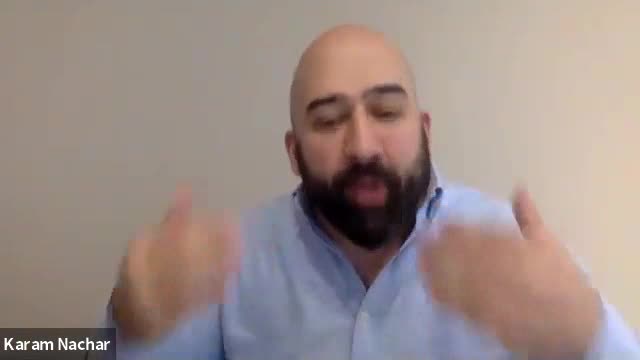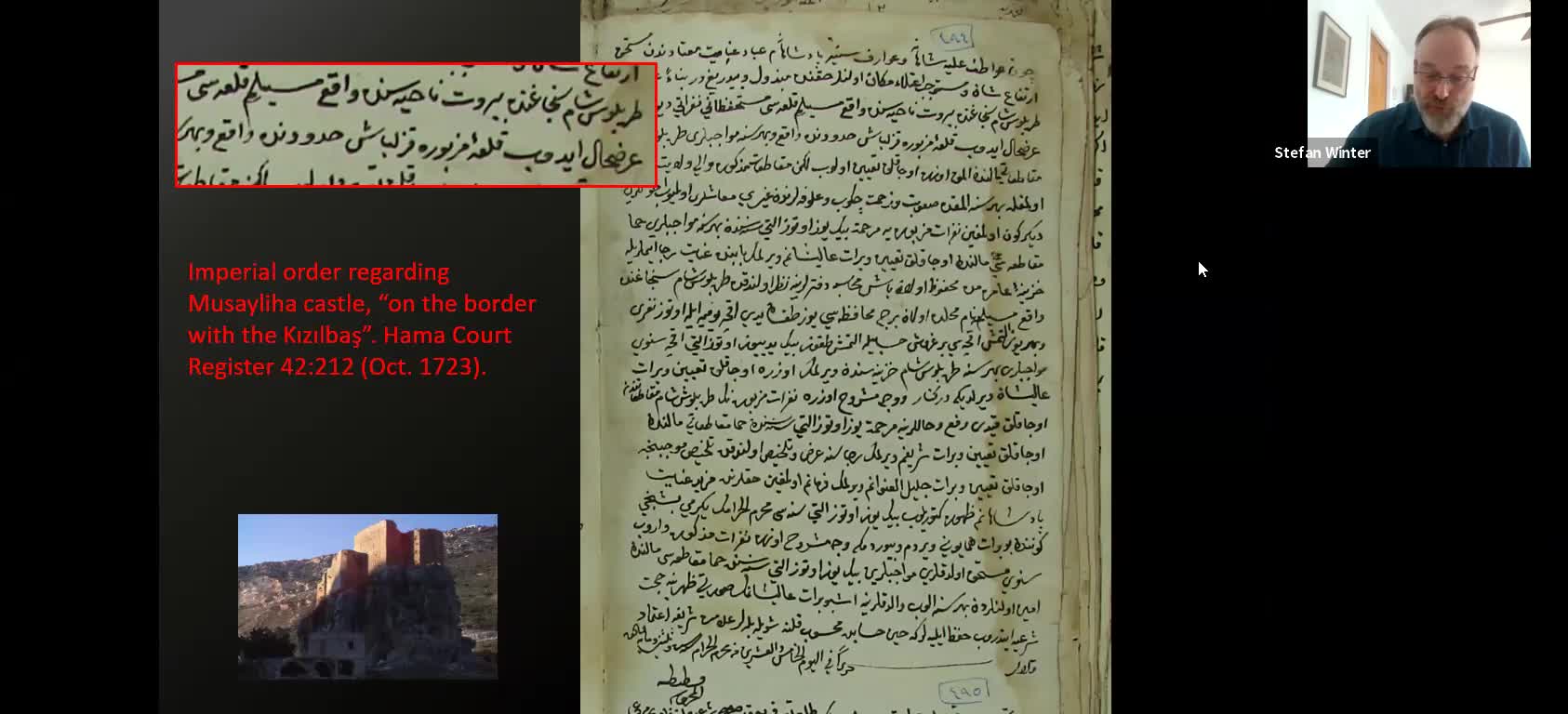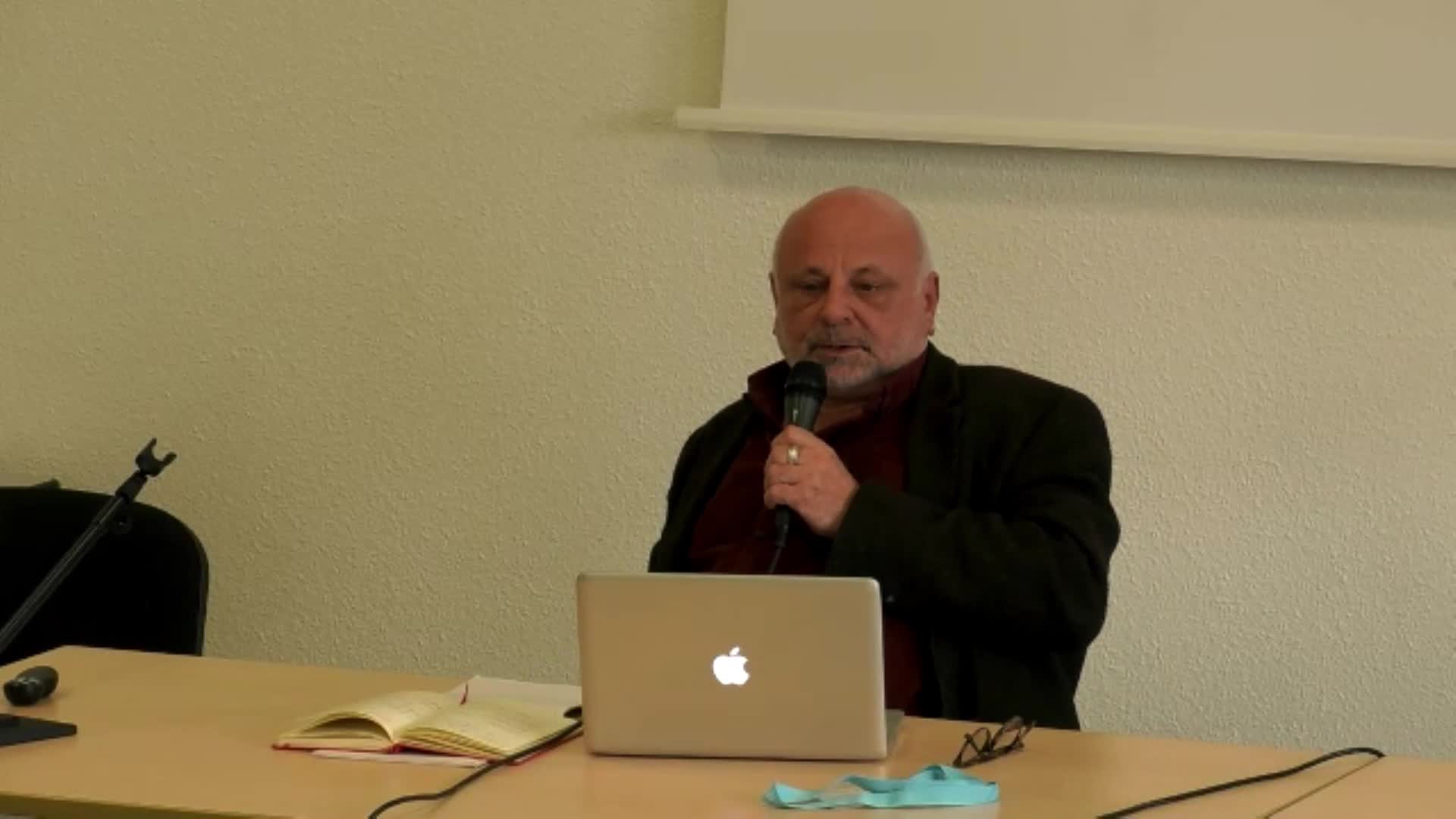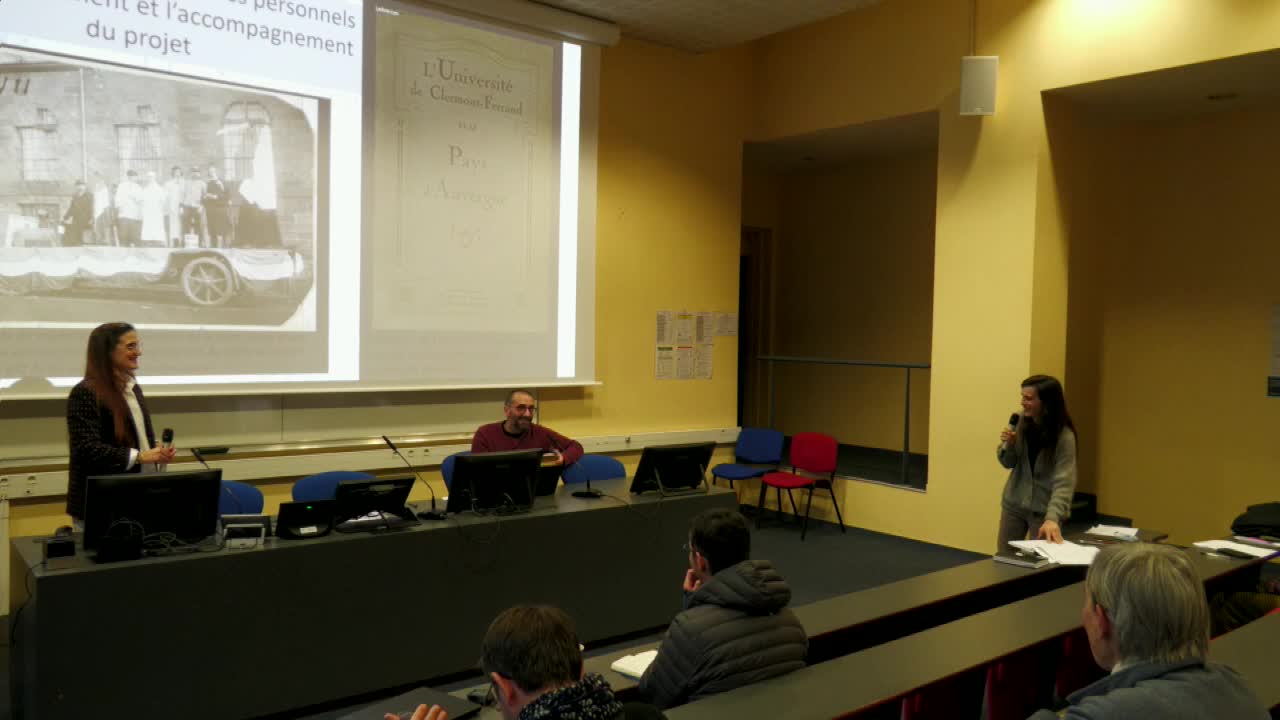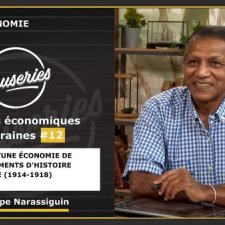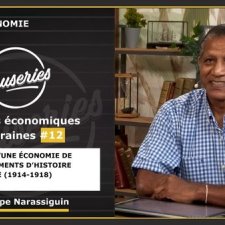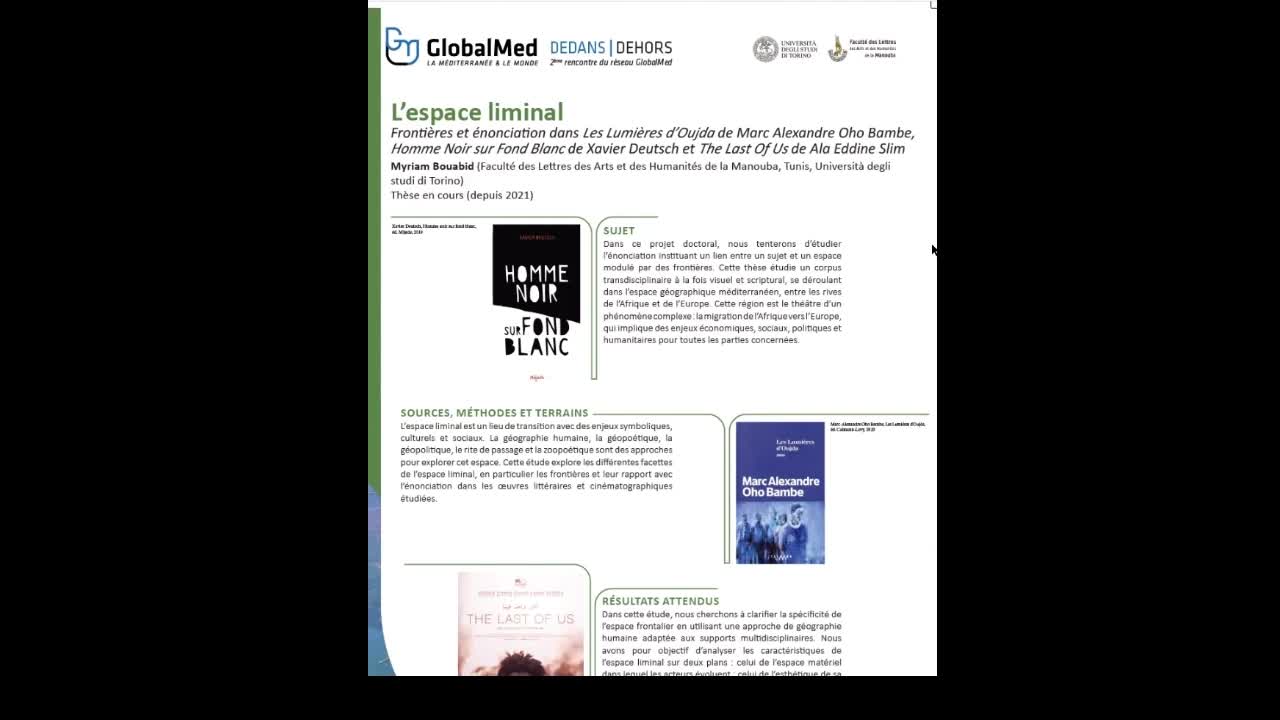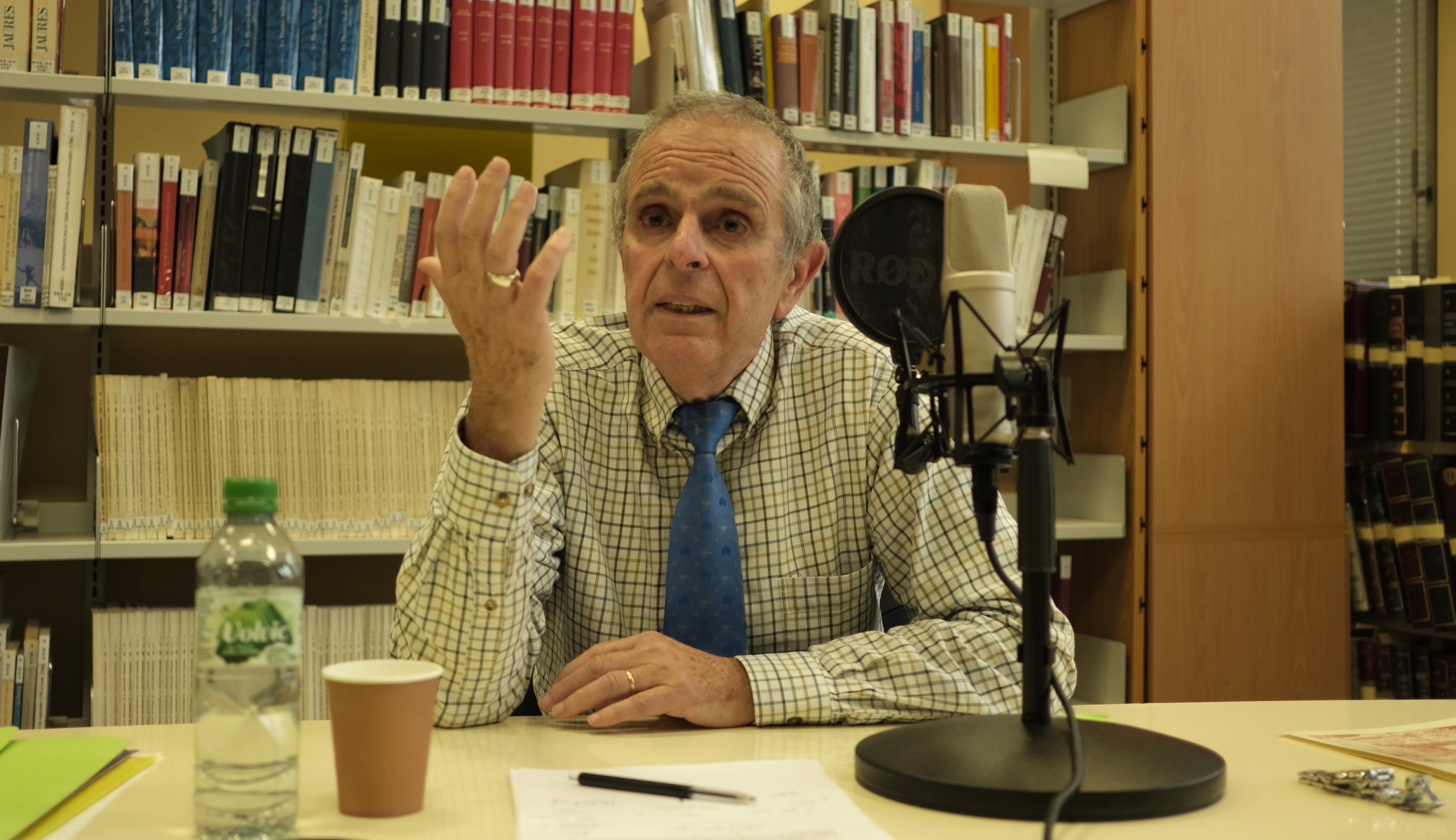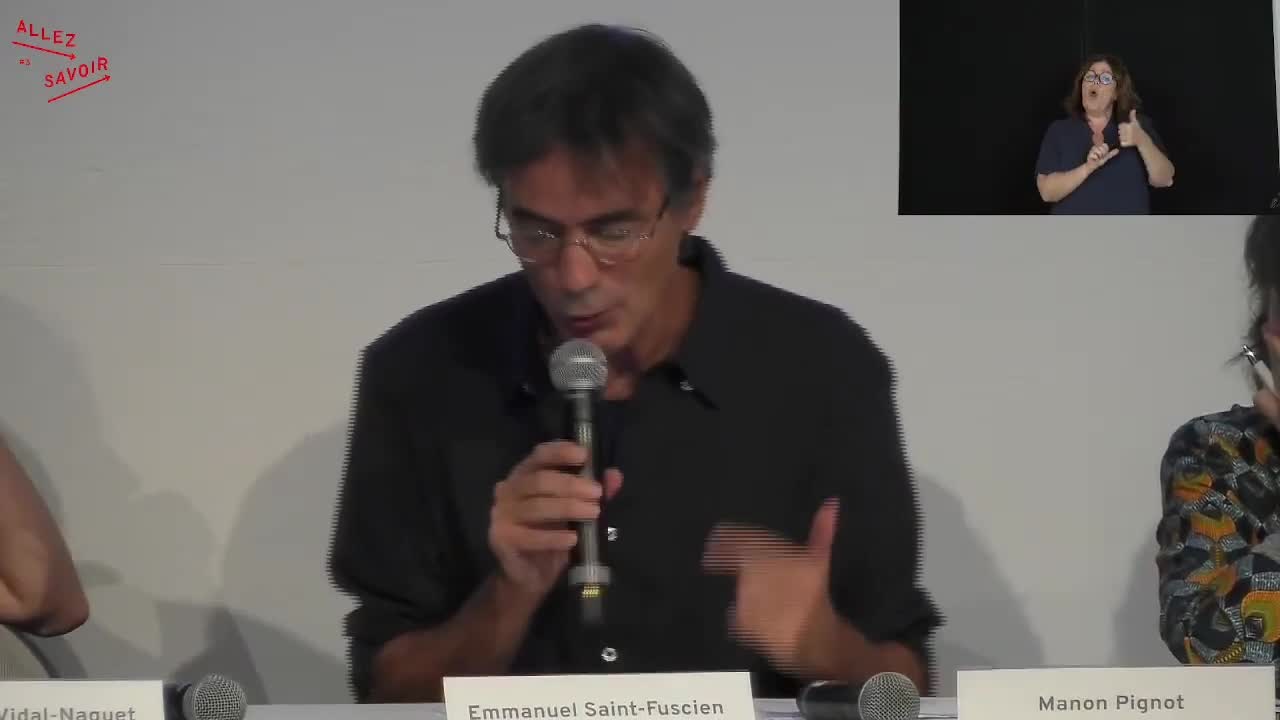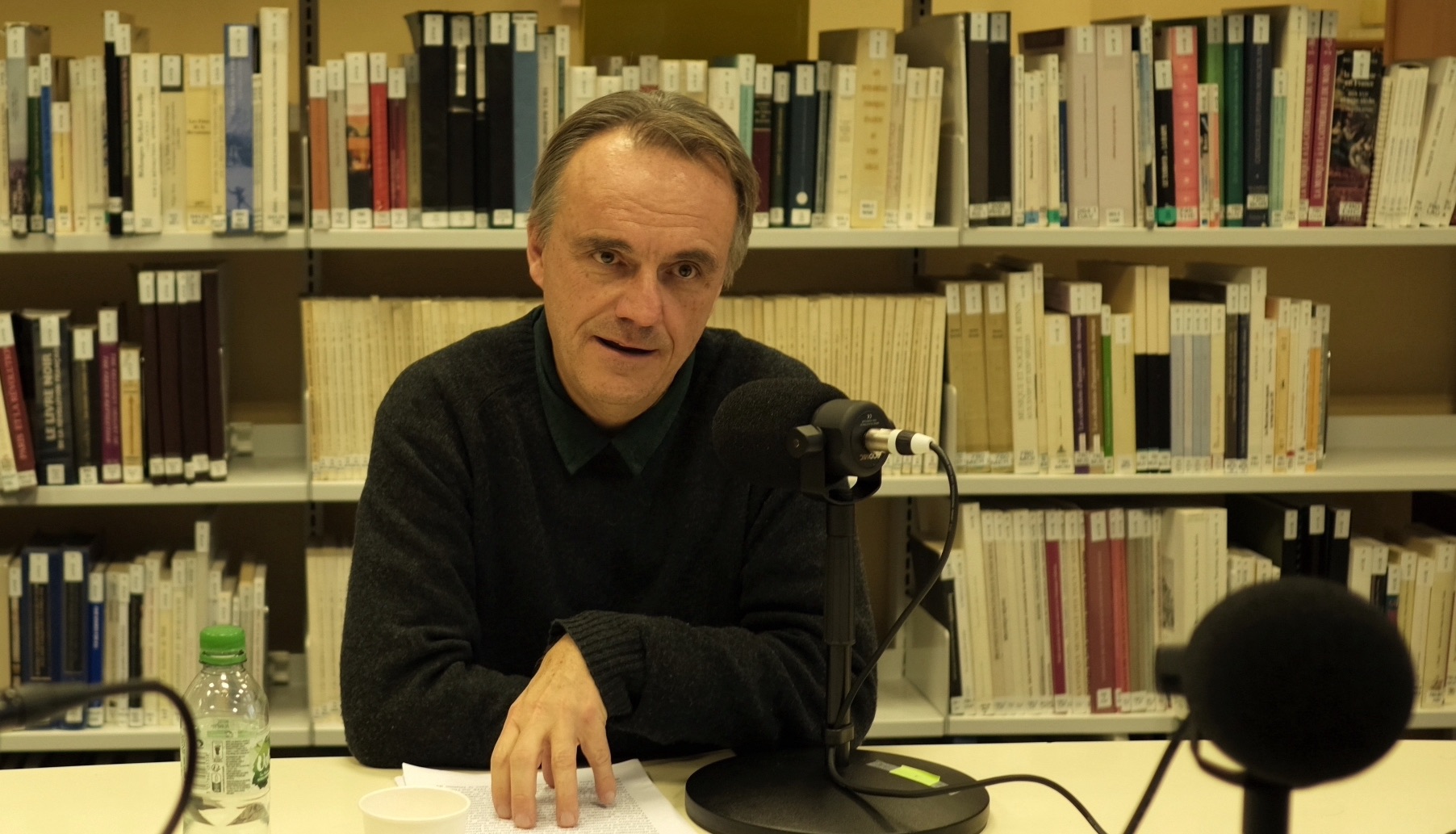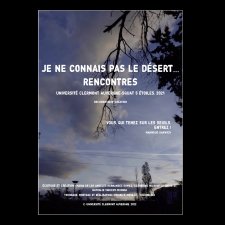Notice
Refugeedom in Syria (1915-1946): Colonialism, Local Politics and Land
- document 1 document 2 document 3
- niveau 1 niveau 2 niveau 3
Descriptif
Scholars working on refugees and the refugee issue in the Middle East usually operate within the fields of minority, refugee, diaspora and area studies. Many scholars assume that refugees, as victims of state violence can solely be understood with reference to the past violence that they were exposed to in their home country. Similarly, these groups are considered as self-made and self-enclosed entities whose history, present and future stand out as marginal annexes to the national history. These historiographical claims hold true for the scholarly work on the post-WW1 Christian and Kurdish refugees in Syria under the French mandate (1921-1946). This talk attempts to nuance these claims and demonstrate the ways in which these internally diverse groups of refugees who are survivors of genocide and state-sponsored mass violence in Turkey and British-Iraq (1915-1931) have cultivated novel subjectivities and articulated the terms of their belonging in French-Syria. Through reflecting on the experiences of these refugee groups, this talk will argue that the refugee issue, namely the debates about the arrival of refugees, the French colonial state’s governing of the issue and the refugees’ involvement in Syrian politics in mid-1930s reveals the terms of Syrianness-in-making in the first half of the 20th century in Syria.
Seda Altuğ is a historian of the Modern Middle East at the Atatürk Institute for Modern Turkish History, Boğaziçi University. She received her PhD from Utrecht University, Netherlands. Her dissertation is entitled Sectarianism in the Syrian Jazira:Community, Land and Violence in the Memories of World War I and the French Mandate (1915–1939). Her research interests are state-society relations in French-Syria, sectarianism, land question, empire, border and memory. Her recent work concerns land, property regimes and citizenship practices in the late Ottoman East and Syria under the French mandate.
Intervention / Responsable scientifique
Dans la même collection
-
Al-Jumhuriya (The Republic): a Syrian political and cultural electronic magazine
NacharKaramThis webinar is part of a series of webinars on Arab Presence in Turkey and is co-organized with the research program aMiMo (Migrations and Mobilities) at IFEA. Karam Nachar, Historian, Executive
-
The Shiites of Lebanon and Ottoman History
WinterStefanWebinar Arabicities. Arab Presence in Turkey, Stefan Winter "The Shiites of Lebanon and Ottoman History" Moderator : Seda Altuğ (Lecturer at the Atatürk Institute for Modern Turkish History at
Sur le même thème
-
Pratique de l’objet ; invention du lieu. Vie psychique et vie cérémoniale chez des réfugiés.
DouvilleOlivierProjet soutenu par la MSHS Sud-Est, il émane plus particulièrement de l’axe 1 du LAPCOS « Territoires et environnements : approches plurivoques de l'habiter ». Dans le cadre de l'axe 4 de la MSHS Sud
-
14-UNIV-18 - L’université de Clermont-Ferrand face à la Grande Guerre : ruptures, adaptation et inn…
PastourelChloéLe BrasStéphaneChloé Pastourel et Stéphane Le Bras (CHEC) présentent le projet 14-UNIV-18, une recherche approfondie sur l’université de Clermont en 1914-1918.
-
De silences et d'eau fraîche
Une correspondance entre des soldats de la Première Guerre mondiale et leur famille, à travers les voix de leurs descendants.
-
Qu'est-ce qu'une économie de guerre? Eléments d'histoire de la WW1 partie 2
PorlierChristopheNarassiguinPhilippeQuestions économiques contemporaines 12 partie 2
-
Qu'est-ce qu'une économie de guerre? Eléments d'histoire de la WW1 partie 1
PorlierChristopheNarassiguinPhilippeQuestions économiques contemporaines 12 partie 2
-
L’unité est-elle sous-marine ? De la mer Méditerranée et du canal du Mozambique comme cimetières ma…
BenoîtCatherine« Dedans / Dehors » « GlobalMed – La Méditerranée et le monde de la Préhistoire à nos jours. Approches interdisciplinaires et internationales » 2e rencontre du réseau GlobalMed Maison
-
L’espace liminal. Frontières et énonciation dans « Les Lumières d'Oujda » de Marc Alexandre 0ho Bam…
BouabibMyriam« Dedans / Dehors » « GlobalMed – La Méditerranée et le monde de la Préhistoire à nos jours. Approches interdisciplinaires et internationales » 2e rencontre du réseau GlobalMed Maison
-
L'école et la nation d'une guerre à l'autre
LoubesOlivierOlivier Loubes qualifie la relation entre l’école et la nation dans la première partie du vingtième siècle.
-
De la zone rouge au camp militaire. Patrimoine mémoriel et naturel
AmatJean-PaulJean-Paul Amat met en lumière les paysages de guerre, traces mémorielles sources de richesses historiques, géographiques et biologiques, qui sont à préserver pour les générations futures.
-
La guerre comme opérateur du temps
IngraoChristianSaint-FuscienEmmanuelVidal-NaquetClémentinePignotManonLa guerre fait émerger de nouvelles temporalités au sein des sociétés brutalement bouleversées.
-
Des républiques d’enfants nées sur les ruines de la guerre
GardetMathiasQuelle est la place des enfants et adolescents dans les guerres ? A partir de quand incarnent-ils la victime civile par excellence des conflits ? Mathias Gardet, historien, nous éclaire.
-
Je ne connais pas le désert...
Partager la musique, lire, écrire, penser, danser, manger ensemble, aller au concert et au théâtre. Parler, vivre ensemble. C’est une histoire de rencontres entre les jeunes exilés du squat cinq


